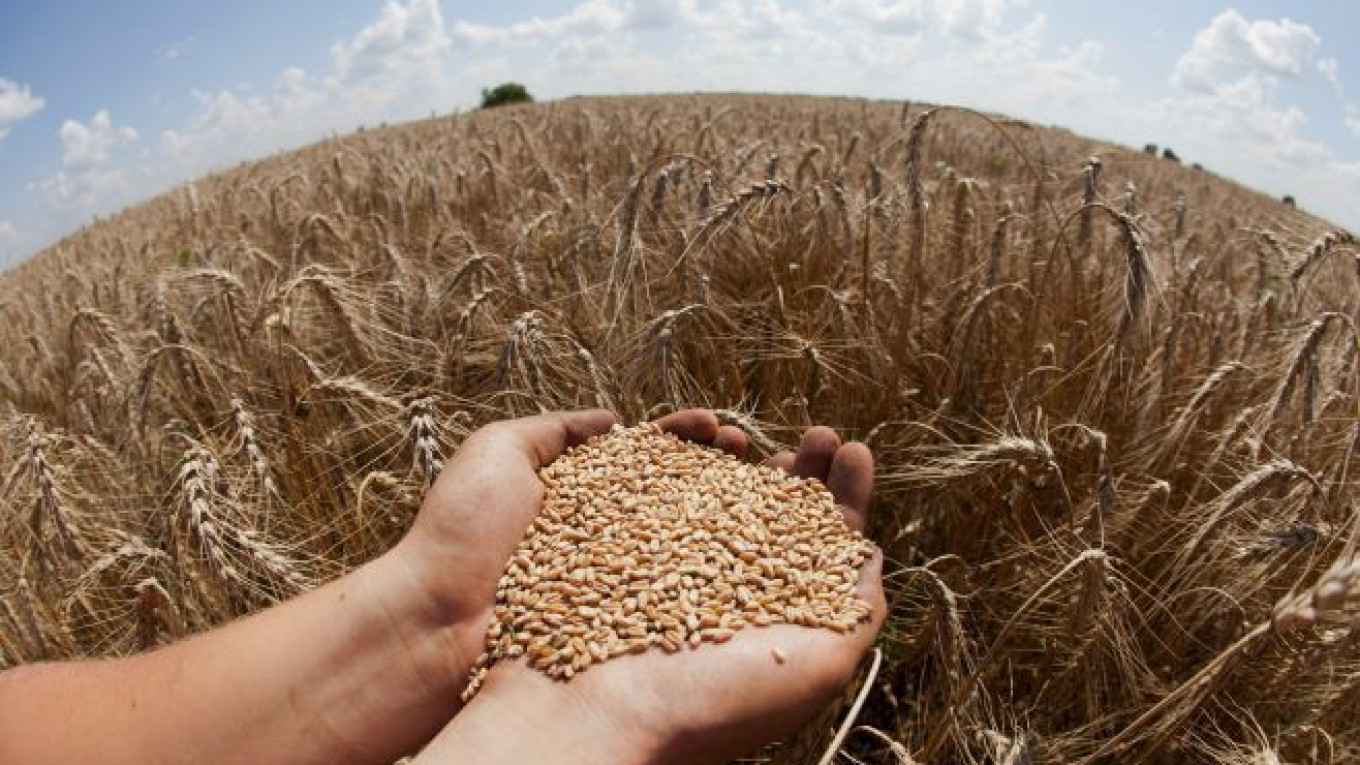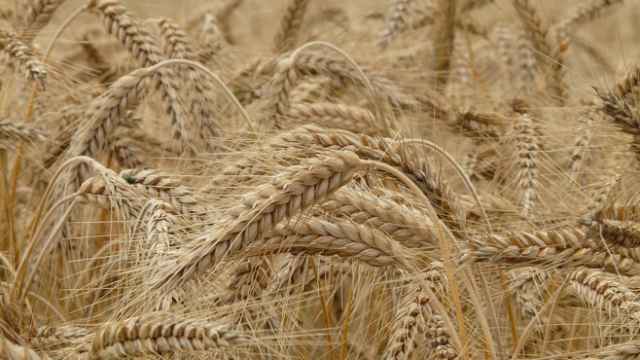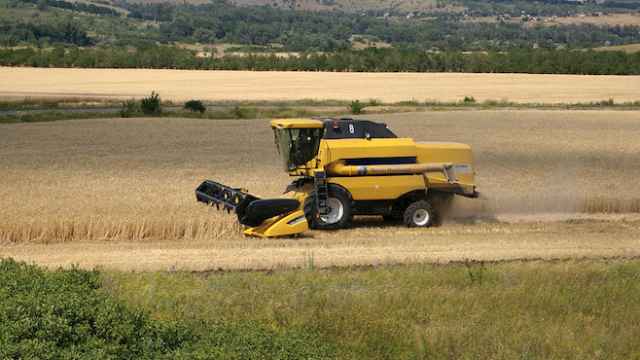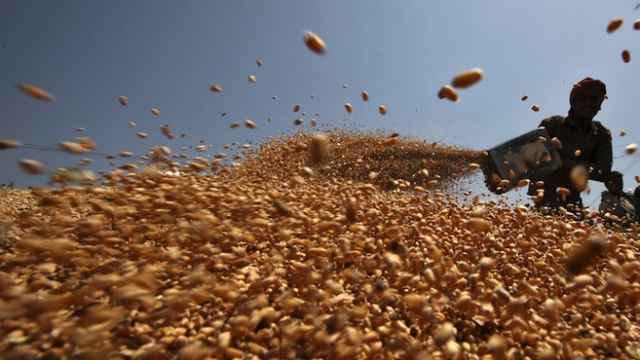AKSAI, Russia, — Wheat farmers in Volgograd, part of Russia's breadbasket, are praying for rain in the next 10 days to boost depleted crop yields with just a month to go before harvesting.
High temperatures and a lack of rain have hit crops across Russia's key wheat producing and exporting zone that includes Krasnodar, Rostov and Volgograd, but many farmers remain hopeful, even if some are turning to unconventional techniques.
Local agronomist Pyotr Golov jokes about seeking divine intervention at his 9,000 hectare farm, which still carries the name of its Soviet collective predecessor: Lenin's Testament.
"We are waiting for the rain. We will place crosses [in the fields], maybe they will help," Golov told Reuters, smiling.
"If rains come in the next 10 days, we will be fine," he said standing in one of his fields where the temperatures have recently reached 34 degrees Celsius (93 degrees Fahrenheit).
The picture is largely the same in Krasnodar and Rostov, which along with Volgograd, export wheat to world markets, particularly the Middle East and North Africa via the Black Sea.
Golov's farm has sown an unchanged wheat area this year, compared to last, despite rising costs. It delivered an average yield of 1.5 tons per hectare last year and reaching that level again would be enough to break even, said Golov, who has worked the fields since 1982.
The good fields need 20 millimeters of rainfall to achieve a yield of 2.5 tons per hectare, while fields where the wheat and the soil are in worse condition would reach only 1.5 tons with rain and 0.6 tons per hectare without it.
Volgograd produced 2.6 million tons of wheat in 2014, only 4 percent of the country's total crop, but the concerns from some analysts over prospects of its winter wheat have brought the region into focus.
The farm is in the southern part of the Volgograd region, 100 kilometers from the city of Volgograd, formerly known as Stalingrad, were the soil is worse than in the northern part.
The region is varied, and while Golov's fields need more rains, there are areas a few kilometers from him which have seen excessive rainfall, Golov said.
The average yield for the whole Volgograd region totaled 2.4 tons per hectare in 2014.
A Message from The Moscow Times:
Dear readers,
We are facing unprecedented challenges. Russia's Prosecutor General's Office has designated The Moscow Times as an "undesirable" organization, criminalizing our work and putting our staff at risk of prosecution. This follows our earlier unjust labeling as a "foreign agent."
These actions are direct attempts to silence independent journalism in Russia. The authorities claim our work "discredits the decisions of the Russian leadership." We see things differently: we strive to provide accurate, unbiased reporting on Russia.
We, the journalists of The Moscow Times, refuse to be silenced. But to continue our work, we need your help.
Your support, no matter how small, makes a world of difference. If you can, please support us monthly starting from just $2. It's quick to set up, and every contribution makes a significant impact.
By supporting The Moscow Times, you're defending open, independent journalism in the face of repression. Thank you for standing with us.
Remind me later.






